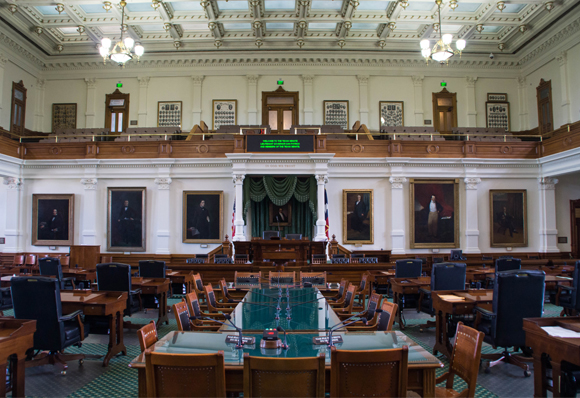In mid-September a former US soldier carrying a knife scaled the fence surrounding the White House grounds and was able to penetrate far into the first floor. The point where the man was detained was one floor below the residential space of the Obama family, although no family members were present at the time. This was a major lapse by the Secret Service.
This invasion incident also exposed a pattern of deliberate concealment by the Secret Service authorities. Initially, they issued several reports stating that the intruder had been stopped just after entering the building; but, ten days later the truth was reported in the Washington Post, causing waves of criticism.
The following day, the same newspaper revealed another case of concealment by the authorities. Three days before the White House invasion, during a visit by President Obama to the Centers for Disease Control & Prevention (“CDC”) in Atlanta for a meeting about measures to deal with Ebola Virus Disease, a private security guard at the CDC who had a criminal record was permitted to board an elevator with the President while carrying a gun. The Secret Service became suspicious about this security guard and had checked up on his right to carry a weapon, but avoided any publicity. Although the newspaper did not disclose the source of these two reports, it appears that there is someone inside the organization who is frustrated with the current Secret Service, and the lack of effort to correct the culture of secrecy or any of the deficiencies of the security systems, which continue to place the President at risk.
To be sure, other members of the media as well as Congress did not remain silent about the exposure of these Secret Service gaffes and the systematic concealment. Members of Congress demanded a review of the security systems and a clarification of responsibilities of Director Pierson and the Secret Service authorities. At a hearing in Congress, Director Pierson did not present any persuasive testimony, and did not convey a sense of trying to protect the organization or her subordinates. As a result, there was a widespread bipartisan feeling that Director Pierson should resign. The Obama administration also began the motions for dismissal after hearing the testimony, and the day after the hearing, the Director herself announced that she would resign.

























































